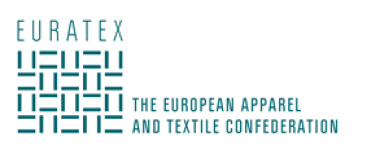DyStar’s Commitment to the Protection of its Global Intellectual Property Portfolio
DyStar, a specialty chemical company with a heritage of more than a century in product development and innovation, is pleased to announce their continued commitment to the protection of their global intellectual property portfolio.
As an innovative global chemical organisation, DyStar’s intellectual property portfolio is an important part of their DNA. To date, their innovation encompasses more than 1,000 patents, trademarks and patent applications worldwide.
Eric Hopmann, Chief Executive Officer of DyStar Group explains: “As DyStar continues to focus on managing challenges of the rapid global business recovery and exploring exciting growth opportunities across the emerging markets, our team needs to stay vigilant and vigorously protect our global intellectual property portfolio. This has again been demonstrated in a recent incident, where DyStar had to charge three former employees who had neglected to protect DyStar’s intellectual property, and were also under suspicion of having shared DyStar’s proprietary information with the competition.”
DyStar Singapore Pte Ltd









